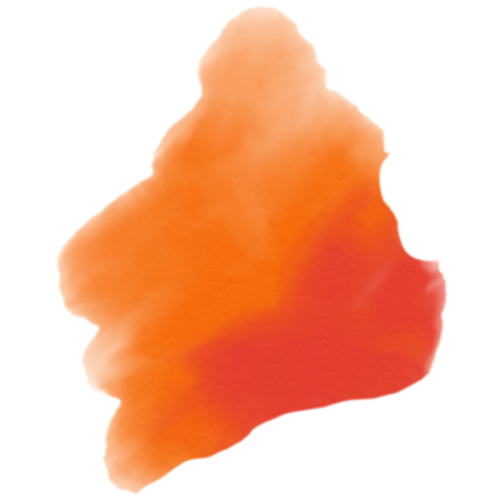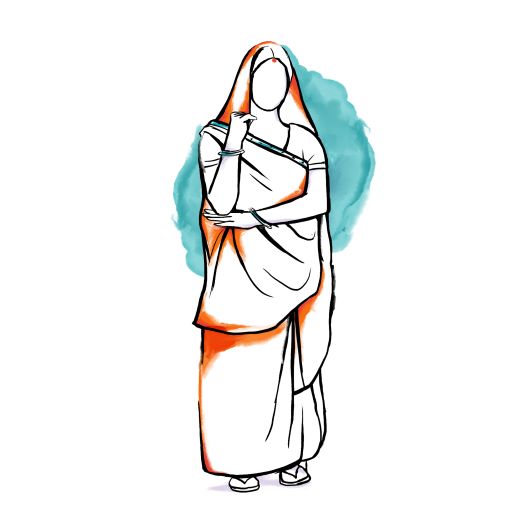Prevention Essentials—the latest on what, why, & how (facilitated)
Get the latest thinking on core concepts in violence against women prevention and how to use them.
Sign up here for updates on the next facilitated schedule.
Course summary
This virtual, facilitated course introduces the latest thinking on the core concepts, models, and strategies in violence against women (VAW) prevention over a period of 6 weeks. You will learn about the nature of VAW, the what and why of prevention, prevention principles, multiple causes of violence, and prevention strategies that have proven to be effective. You will have ample opportunities to share with other practitioners and to apply these concepts to your own programmes and contexts. This course is free and those who successfully complete the course requirements will earn a certificate from the Prevention Collaborative.
This course is part of a suite of online learning opportunities designed to strengthen the capacity of practitioners and implementing organisations to design and deliver quality programmes to prevent violence against women and their children (VAW/C). This course provides the prevention essentials critical for participation in more advanced courses in the Learning Lab.


Goal
You will gain a solid, up-to-date understanding of essential concepts, models, and strategies in VAW prevention and how to apply them to your context.
Learning objectives
By the end of the course, you will be able to:
- Identify common types, consequences, and patterns of VAW, with a focus on intimate partner violence (IPV).
- Understand prevention and why it is important.
- Distinguish between VAW prevention and response interventions.
- Describe how to apply VAW prevention principles.
- Explain the links between gender inequality and VAW.
- Identify risk factors, protective factors, and situational triggers of VAW using the socio-ecological model.
- Review prevention strategies that have shown to be effective at reducing VAW.
- Identify how prevention strategies can address specific risk factors, protective factors, and/or situational triggers at different levels.
Format
We know how much we can all learn from one another, so this course is designed to maximise participation and learning between participants. It will be facilitated by members of the Prevention Collaborative who bring deep experience in VAW prevention. Weekly sessions will involve participant sharing, presentations, and group work. Take-home assignments will reinforce and deepen learning. The course will be conducted in English.
The number of participants is limited in order to ensure effective discussion. One of our team will contact you to confirm your participation or suggest other opportunities. This can mean being added to a waiting list for the next session or taking another one of courses to be released in the near future.


Participant profile
This course is suitable for individuals with varying levels of experience and expertise in VAW and/or VAC prevention, including those who have worked on women’s or children’s rights and VAW or VAC response but may be new to prevention. It is designed for individuals who want to strengthen their understanding of core skills and concepts in VAW prevention or who want to keep up with the latest thinking on VAW prevention.
Participants should be prepared to think about how the course material can be applied to their experience and context and be willing to share with others.
Date and time
The course requires a time commitment of 15-20 hours over the course of 7 weeks. Participants will be required to attend 6 weekly meetings on Zoom (2 hours each) and complete a weekly take-home exercise (30-60 minutes each).
This course will meet a total 6 sessions on Wednesdays starting on 12th February 2024 and ending on 20th March 2024 at:
08:00-10:00 Accra time
11:00-13:00 Nairobi time
15:00-17:00 Bangkok time
17:00-19:00 Dili, Timor-Leste time
For more information about this course, contact us at [email protected].
Ready to learn?
Sign up here for updates on the next facilitated schedule.
